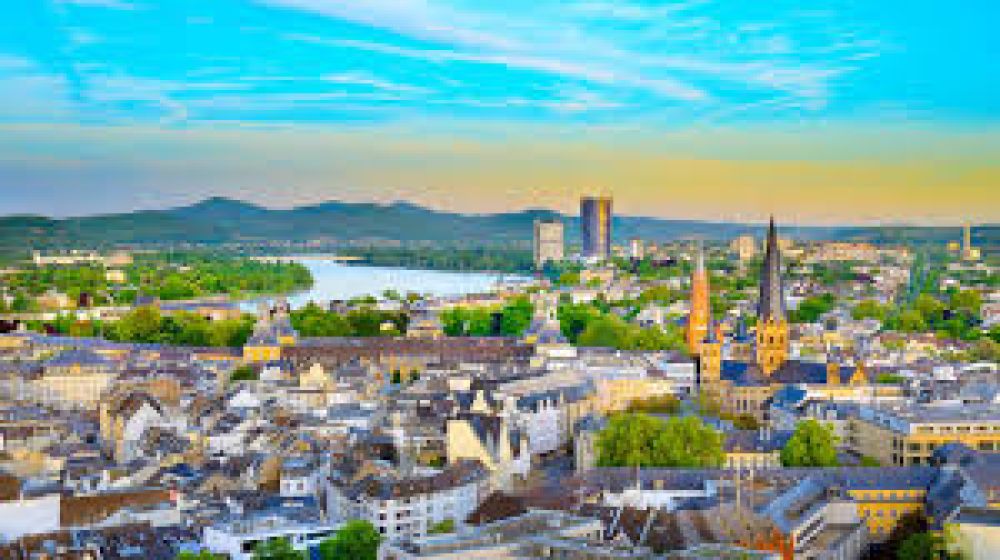

Bonn, the birthplace of Ludwig van Beethoven, has long been a center of cultural significance. The city on the banks of the Rhine has a history that extends back to Roman times, but it was during the 18th century that Bonn really found its place on the map as a hub of music and enlightenment. With the rise of its most famous son, Beethoven, in the late 1770s, the city increasingly became a destination for music lovers.
Tourism in Bonn truly began to flourish in the 19th century following the composer's growing international fame. The establishment of the Beethoven House museum in 1889, which was also his birthplace, marked an important milestone. It was from this point onwards that the city saw a gradual increase in visitors who wished to pay homage to the great composer and explore the city's historical past.
Following World War II and the split of Germany, Bonn was chosen as the provisional capital of West Germany. This unexpected development brought a different kind of tourism to the city: political tourism. Delegates, politicians, and journalists from around the world descended upon this relatively quiet city, transforming it into a bustling hub of political activity.
After Berlin was reinstated as the capital of the reunified Germany in 1990, Bonn reinvented itself once more, now focusing on its cultural and historical heritage to attract tourists. The city has continually capitalized on its more than 2,000 years of history, culture, and its connection to Beethoven, whose 250th birthday in 2020 spurred a yearlong celebration and welcomed visitors from across the globe.
Sustainable Tourism: With increasing awareness of climate change and environmental conservation, Bonn has responded with initiatives aimed at promoting sustainable tourism practices. The city encourages visitors to use its extensive network of public transportation and rental bicycles to reduce their carbon footprint.
Digitalization: Bonn has embraced technology to enhance the tourist experience. Interactive apps now offer virtual city tours and insights into the city's rich history, while museums and institutions offer online exhibits and digital guides.
Experiential Tourism: Travelers are increasingly seeking authentic experiences. In Bonn, tourists can enjoy local flavors through food tours, participate in workshops, or attend one of the many music festivals that celebrate both classical and modern genres.
Whether you're drawn by the history, the music, or the serene beauty of the Rhine valley, Bonn has something to offer for everyone. From its humble beginnings as a Roman settlement to its pivotal role in German history, and now as a center of culture and sustainability, Bonn remains a city that looks to the future without forgetting its past. Plan your journey to this remarkable German city and experience the unique blend of history, culture, and innovation that makes Bonn a must-visit destination.